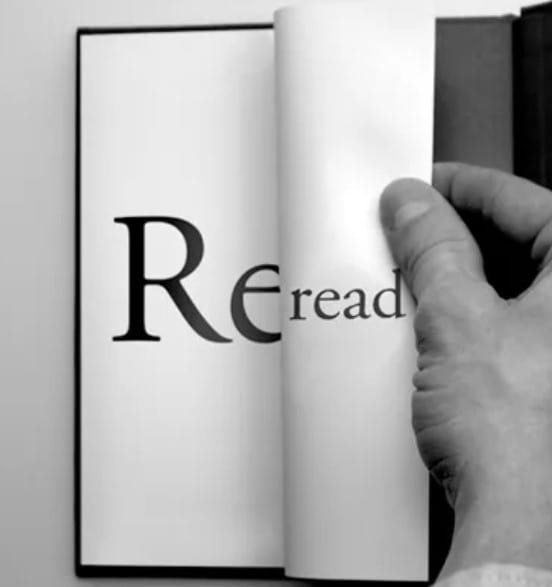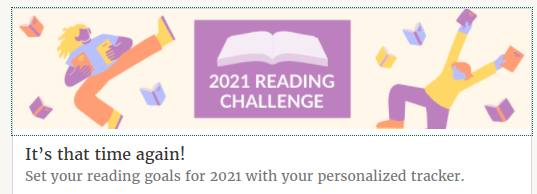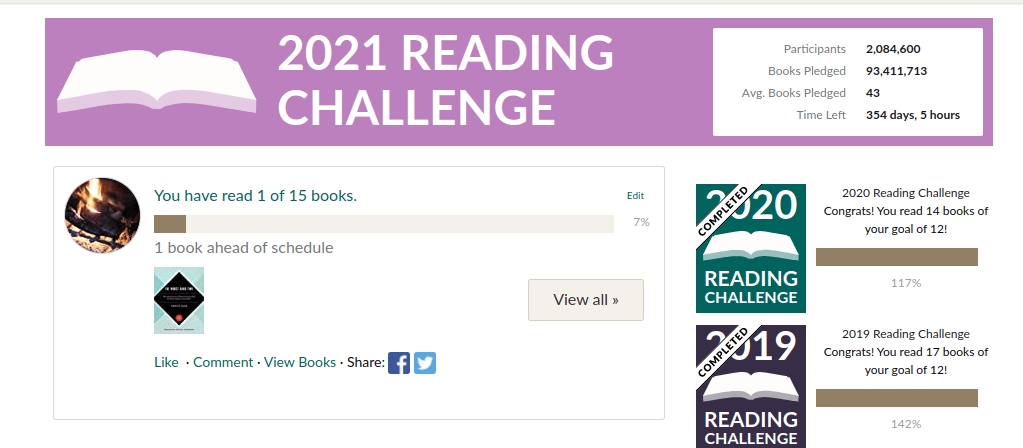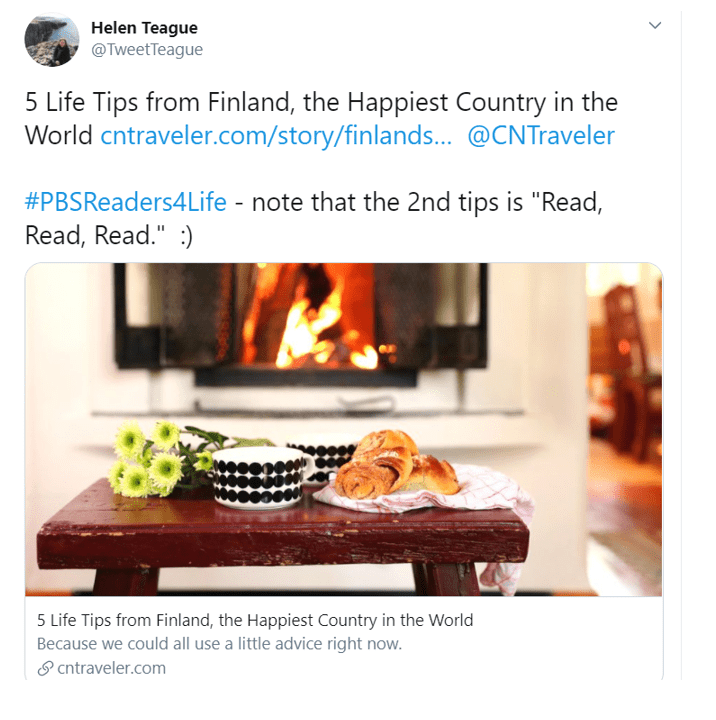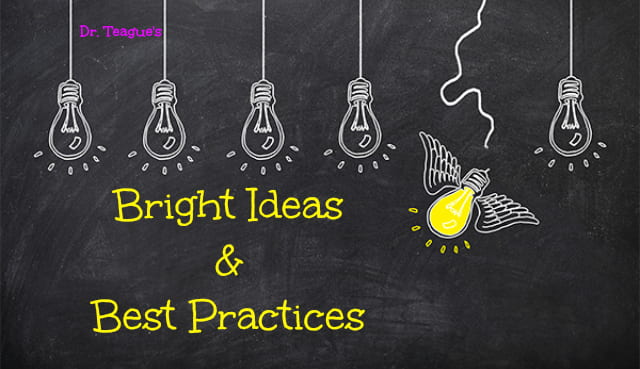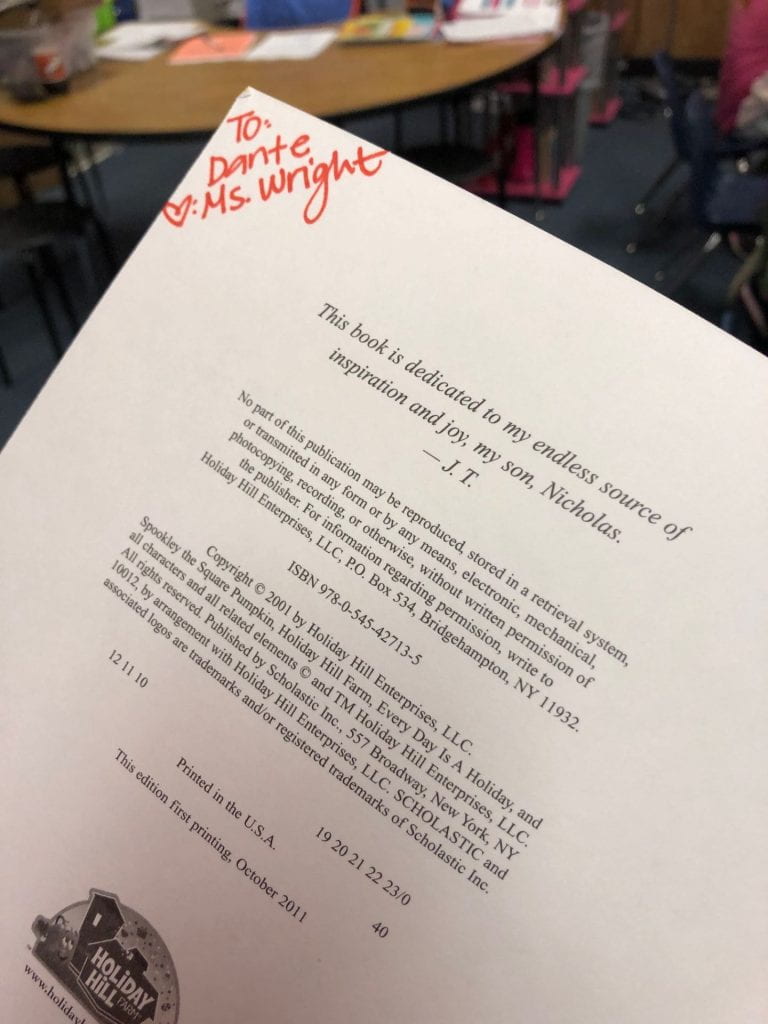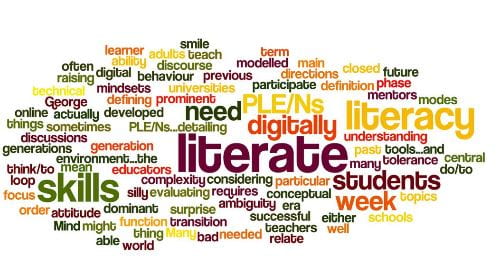Weekend Ed. Quote ~ July 22
“While it is critical that all children receive the support necessary to read at least at grade level, students who have achieved this goal must be challenged to continue developing advanced proficiencies. We would be remiss if we failed to make appropriate provisions to at-risk readers. We are equally remiss if we do not offer appropriate instructional differences that respond to the needs of gifted learners”
~Dr. Bertie Kingore, 2002, p. 12
References
Kingore, B. (2002). Reading instruction for the primary gifted learner. Understanding Our Gifted, 12–15.
#PBSReaders4Life
#GCUTEC544 #GCUTEC595 #GCUTEC516 #GCUTEC521
#CUNE607 #CUNE604, #CUNE605
